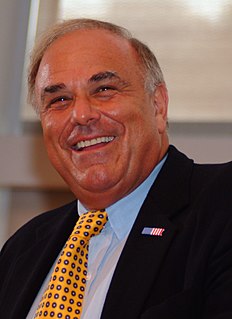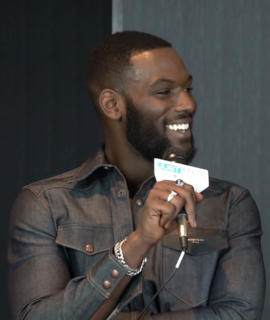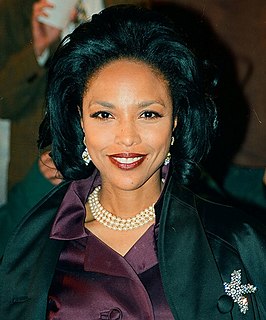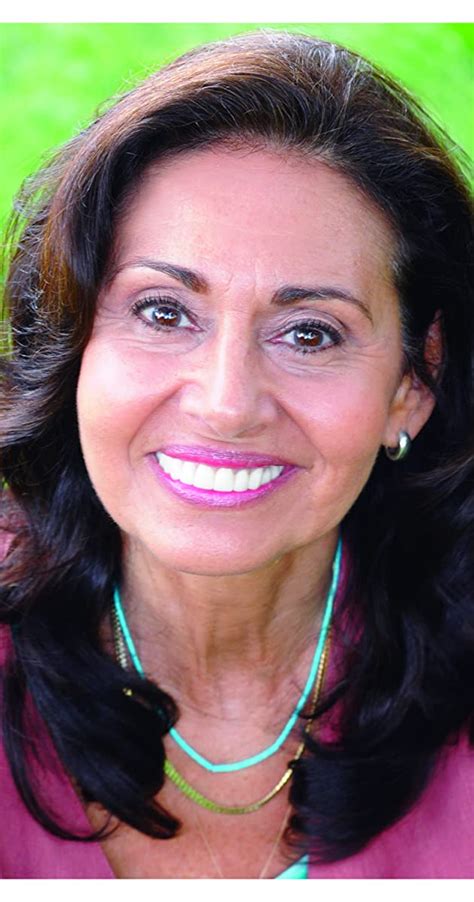A Quote by Kamala Harris
I could do all of my activities at Howard because it was an environment that had essentially rid the ideology of false choices that I feel absolutely constricts young black students.
Quote Topics
Related Quotes
Adults who loved and knew me, on many occasions sat me down and told me that I was black. As you could imagine, this had a profound impact on me and soon became my truth. Every friend I had was black; my girlfriends were black. I was seen as black, treated as black, and endured constant overt racism as a young black teenager.
When my kids were young, we used to go to a place called The Shrine of the Black Madonna in Houston. It was an African-American bookstore where they sold paintings, but they also had a room that was an all-purpose center. If you wanted to have a dance recital or anything that was related to the community activities, you could have it there.
The Organization of Afro-American Unity was an organization that was a secular group. It largely consisted of people that we would later call several years later Black Powerites, Black nationalists, progressives coming out of the Black freedom struggle, the northern students' movement, people - students, young people, professionals, workers, who were dedicated to Black activism and militancy, but outside of the context of Islam.
I wanted to make sure the focus [in The Land] was on human beings themselves and their decisions, but still connected to the urban environment that people associate as being black. I think I was able to make a film without commenting on "black this or black that" and you still feel the presence of it. There's no one character who's saying "we're all black and we're all in this struggle." It's that you just feel it. Some of that is because we get the sense from a lot of independent films that black people struggle all the time.
The experience I had all those 40 years of working on Broadway and working on television, I bring it to students and I let them kind of drain me dry but they all feel at the end of the class that they are getting so much out of it. The students grow in my classroom because they feel safe. They don't feel like they're going to be yelled at.
Since the 1960s, we have seen the failure of the melting pot ideology. This ideology suggested that different historical, cultural and socioeconomic backgrounds could be subordinated to a larger ideology or social amalgam which is "America." This concept obviously did not work, because paradoxically America encourages a politics of contestation.
Another thing I think should be avoided is extremely intense ideology because it cabbages up one's mind. You see it a lot with T.V. preachers (many have minds made of cabbage) but it can also happen with political ideology. When you're young it's easy to drift into loyalties and when you announce that you're a loyal member and you start shouting the orthodox ideology out, what you're doing is pounding it in, pounding it in, and you're gradually ruining your mind. So you want to be very, very careful of this ideology. It's a big danger.


































